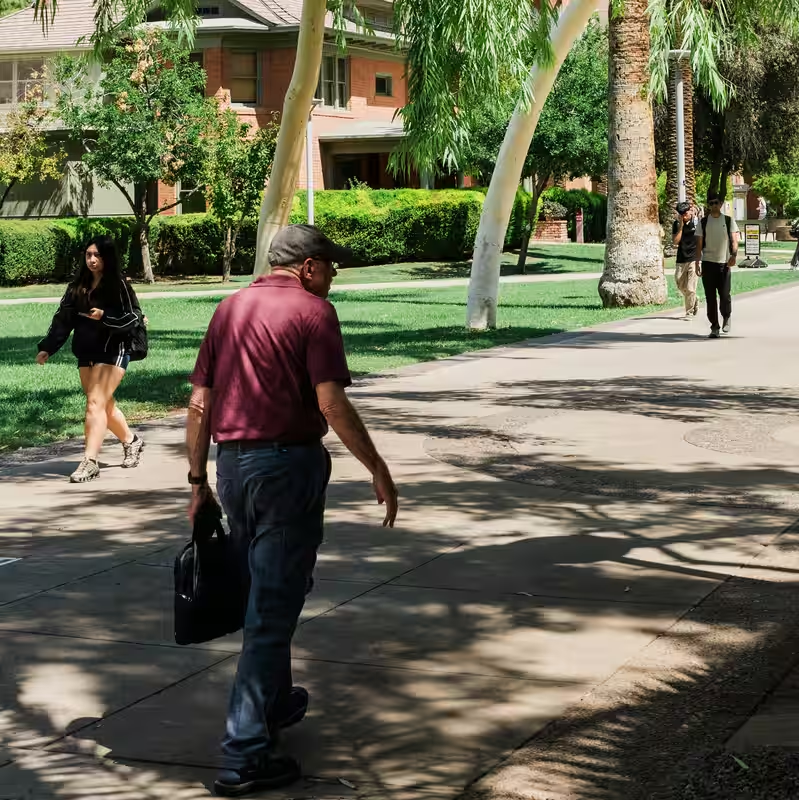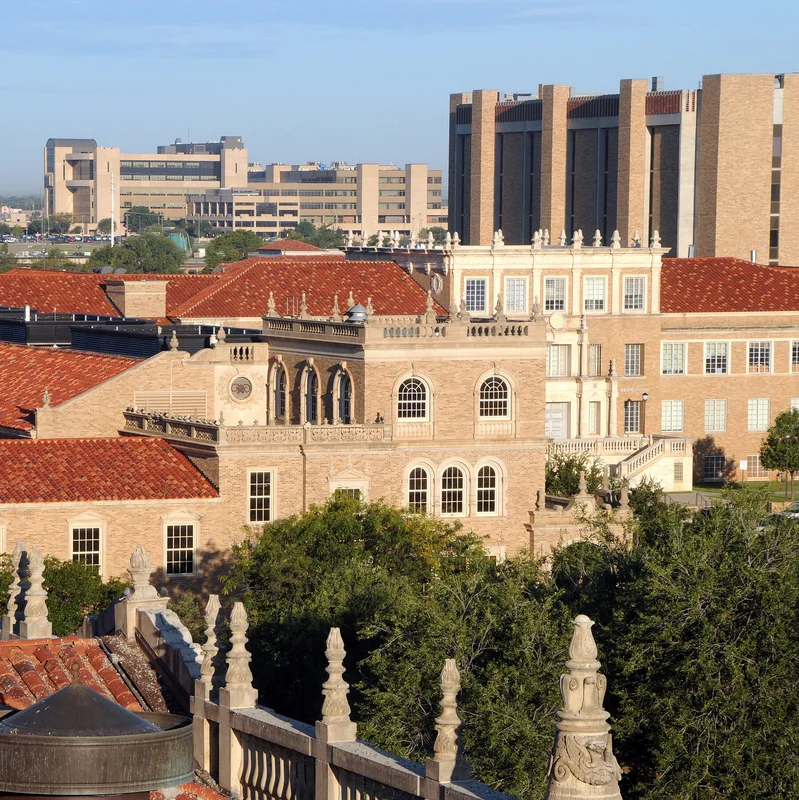Table of Contents
- Why Retirees Are Returning to Campus
- The Arizona State Model: Living and Learning
- Roger Weinreber: A Student and Mentor at 80
- Costs and Commitments
- Broader Trends in Lifelong Learning
- Sources
Why Retirees Are Returning to Campus
In a surprising twist on the traditional college experience, retirees are increasingly enrolling in university programs—not for degrees, but for purpose, passion, and community. At the forefront of this trend is Arizona State University (ASU), where older adults are paying steep entrance fees to live on campus and take classes alongside undergraduates.
The Arizona State Model: Living and Learning
ASU’s unique retirement-living program blends academia with residential life. For an upfront cost of approximately $500,000, retirees gain access to campus housing, academic courses, workshops, and social events. This isn’t just about auditing lectures—it’s about full immersion in campus culture.
Participants attend everything from woodworking studios to philosophy seminars, often forming unexpected bonds with students decades younger. The initiative reflects a growing national interest in lifelong learning as a pillar of healthy aging.
Roger Weinreber: A Student and Mentor at 80
Take Roger Weinreber, an 80-year-old teaching assistant in ASU’s advanced woodshop class. On a recent 100-degree morning in Tempe, Roger crossed the street from his campus apartment to help students craft everything from furniture to abstract sculptures.
“The students love Roger,” said Damon McIntyre, the course instructor. “He’s such an asset.”
Roger isn’t there for credits or credentials—he’s there to share decades of craftsmanship, stay mentally sharp, and build intergenerational friendships.
Costs and Commitments
| Feature | Details |
|---|---|
| Entrance Fee | ~$500,000 (one-time) |
| Location | Arizona State University, Tempe Campus |
| Eligibility | Retirees (typically 60+) |
| Academic Access | Full access to undergraduate courses and studios |
| Housing | On-campus residential units |
While the price tag may seem steep, many participants view it as a long-term investment in well-being, intellectual engagement, and social connection—factors increasingly linked to longevity and life satisfaction.
Broader Trends in Lifelong Learning
ASU’s model is part of a larger shift. Universities like Harvard, Stanford, and the University of Florida have launched similar programs targeting older adults. According to the AARP, nearly 70% of adults over 50 say they want to continue learning after retirement.
Experts suggest this trend reflects changing attitudes toward aging. “Retirement isn’t an endpoint anymore—it’s a new chapter,” says Dr. Elena Martinez, a gerontologist at [INTERNAL_LINK:aging-and-education]. “Learning keeps the brain active and combats isolation.”




